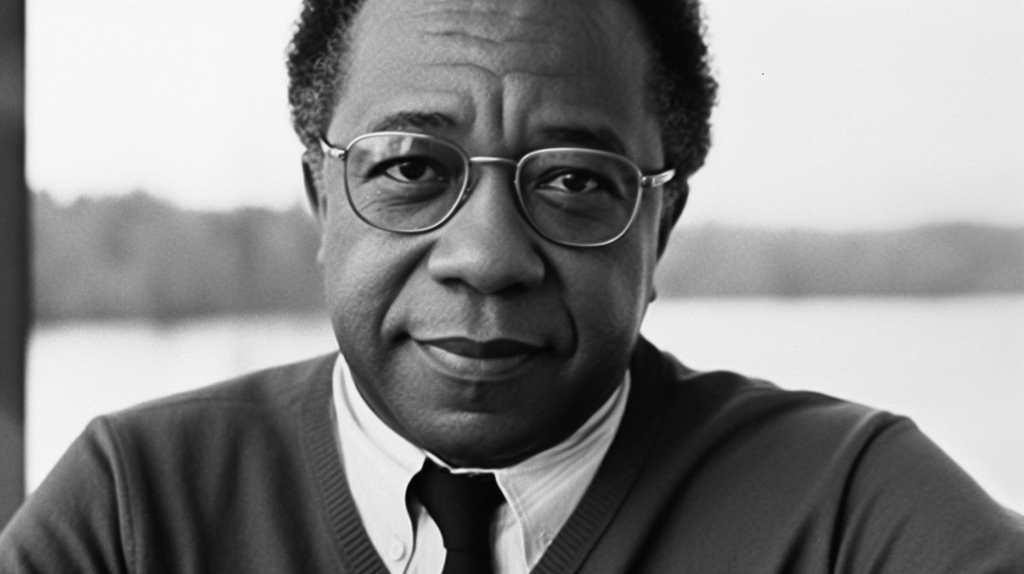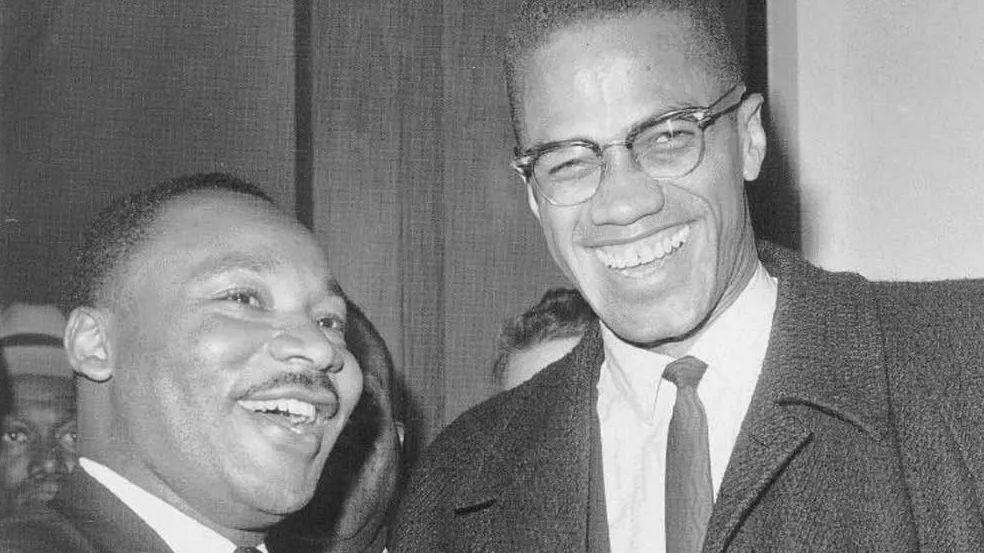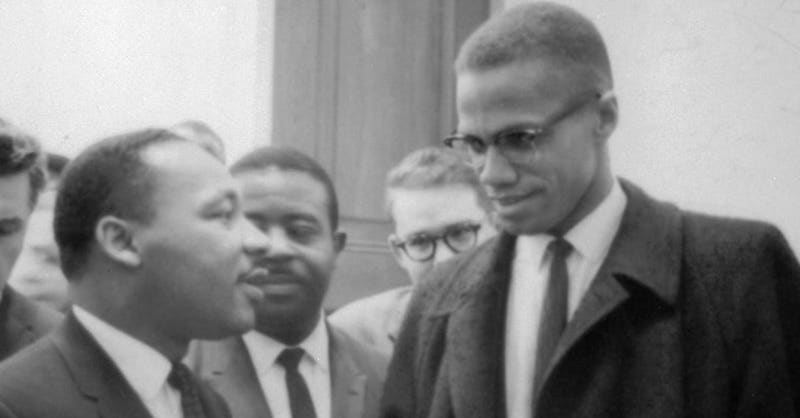Debunking the Myth: Martin Luther King Jr. and the Misattributed Critique of Malcolm X
Introduction
The Civil Rights Movement in the United States was marked by the leadership of several influential figures, two of whom were Martin Luther King Jr. and Malcolm X. Their contributions to the fight for racial equality have been widely recognized and celebrated. However, the relationship between these two leaders has often been misunderstood, largely due to a quote that has been widely attributed to King, in which he supposedly criticizes Malcolm X. Recent revelations, however, have debunked this myth, reshaping our understanding of the relationship between these two pivotal figures.
The Misattributed Quote
The quote in question reads:
I totally disagree with many of his political and philosophical views—at least insofar as I understand where he now stands. … I have often wished that he would talk less of violence, because violence is not going to solve our problem. And in his litany of articulating the despair of the Negro without offering any positive, creative alternative, I feel that Malcolm has done himself and our people a great disservice. Fiery, demagogic oratory in the Black ghettos, urging Negroes to arm themselves and prepare to engage in violence, as he has done, can reap nothing but grief.

This quote has been widely circulated, leading many to believe that King was critical of Malcolm X. However, a recent archival discovery has revealed that journalist and author, Alex Haley, fabricated the quote and that King never actually said these words.
The Power of Misattribution
The misattribution of this quote has had significant implications. It contributed to a skewed perception of King’s views and his relationship with Malcolm X. While the two leaders had different approaches to the fight for racial equality, they were not enemies. They were both deeply committed to the cause of justice, and their contributions to the Civil Rights Movement were complementary rather than contradictory. At the same time, they had their differences and shared a common goal of advancing the rights and well-being of African Americans. This misquote has served to create a false narrative of animosity and ideological opposition between them.

Misattributions like this can shape public understanding of historical events and figures. They can perpetuate false narratives and contribute to misunderstandings that persist for generations. In this case, the misattributed quote has painted a picture of King and Malcolm X as adversaries rather than allies in the fight for racial equality.
This revelation underscores the importance of accurate historical record-keeping. Journalists and historians play a crucial role in ensuring that the words and actions of influential figures like King and Malcolm X are correctly reported and interpreted. Their work helps to preserve the integrity of historical records and to provide accurate and nuanced understandings of historical events and figures.
The Impact of the Revelation
The debunking of this long-held belief not only corrects a historical inaccuracy but also provides a more nuanced understanding of the relationship between these two significant figures in the Civil Rights Movement. It reminds us that while King and Malcolm X had different approaches to the fight for racial equality, they were not enemies. They were both deeply committed to the cause of justice and equality, and their contributions to the Civil Rights Movement were complementary rather than contradictory.
This revelation also provides a more nuanced understanding of the relationship between King and Malcolm X. Rather than viewing them as adversaries. We can now appreciate the ways in which their contributions to the Civil Rights Movement were complementary rather than contradictory. They were both deeply committed to the cause of justice and equality, and their different approaches to this fight were reflective of the complexity of the issues at hand.
Conclusion
As we reflect on the legacy of Martin Luther King Jr. and Malcolm X, it is essential to remember the importance of accurate historical representation. The debunking of the misattributed quote serves as a reminder of the power of words and the potential for misattributions to shape public understanding of historical events and figures. It also underscores the importance of accurate historical record-keeping and the role of journalists and historians in preserving the integrity of our historical records.

The debunking of this misattributed quote is not just about setting the record straight. It is also about honoring the legacies of these two influential figures and ensuring that their contributions to the fight for racial equality are accurately represented. It is about recognizing the complexity of their relationship and the ways in which their different approaches to the Civil Rights Movement contributed to the progress we see today.
As we continue to learn from the past and work towards a more equitable future, let us remember the importance of accurate historical representation. Let us honor the legacies of figures like Martin Luther King Jr. and Malcolm X by ensuring that their words and actions are accurately reported and interpreted. And let us continue to strive for justice and equality, inspired by the work of these two influential leaders.
References:
- Martin Luther King Jr. Never Said Famous Quote Criticizing Malcolm X, Smithsonian Magazine
Note: This article is based on a source article from the Smithsonian Magazine. The information presented here is intended to provide a more detailed understanding of the relationship between Martin Luther King Jr. and Malcolm X, based on recent revelations. For more information, please refer to the original article.
